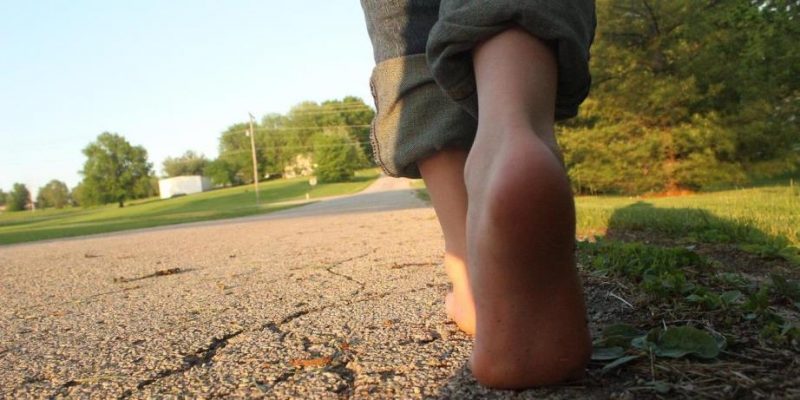
Nature-Deficit Disorder (NDD) is the belief that because human beings are spending less time outdoors in Nature than they have in the past it has led to a broad range of behavioral problems. Mind that this is not an official medical disorder or illness, but rather meant as a pointer to and awareness of the (mental) cost of our alienation from Nature.
The term Nature-Deficit Disorder was coined in 2005 by Richard Louv, an American non-fiction author and journalist. Louv claims that the main causes for NDD include parental fears (protection of their children of “the outdoors”) and the increasingly difficult and/or restricted access to natural environments.

NDD symptoms may include, for instance, attention disorders, obesity, mental numbness, stress, anxiety, depression, lack of creativity, and a range of physical health conditions, being disorders that find their starting point in a nature-deficient childhood and becoming more apparent during one’s lifetime.
Research shows that lack of time outdoors (at least somewhat away from immediate urban habitation) indeed has negative effects on one’s physical and mental well-being. In fact, research often proves the opposite, that is, that by adding nearby access to green spaces and natural environments in urban areas, people experience an improvement of their mental and physical wellbeing.
Elizabeth Dickinson, a professor at the University of North Carolina, criticized the assumptions of the causes of NDD by claiming that mankind’s disassociation with Nature has occurred gradually over time, especially during the past centuries, and not very recently. As such, causes are rather connected to a dysfunctional cultural practice of modern civilization.
Because of the latter, it’s thought that the solution (or cure) is not so much only being or going back “in Nature” (being an external approach), but rather an assessment of one’s inner cultural and psychological world and how it’s connected “with Nature” (being an internal approach), alongside indeed spending meaningful time in Nature.
In addition, Dickinson advocates allowing Nature education to take on an emotional engagement rather than a predominantly scientific one, as well as creating opportunities to experiencing Nature as-it-is and presents itself before categorizing and giving names to everything.
















